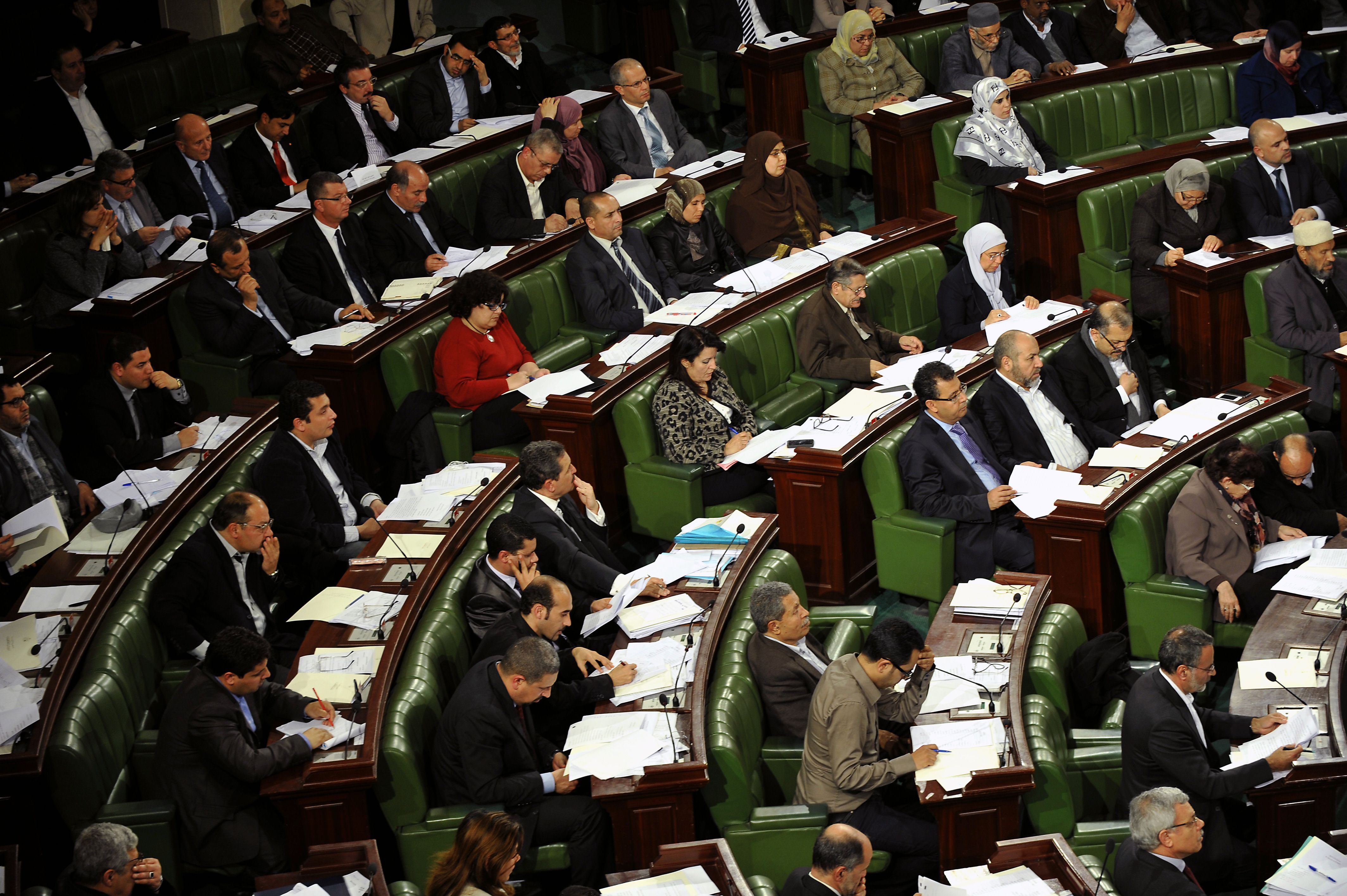The World Bank has approved a grant of 16.2 billion South Sudanese pounds ($45m) to help South Sudan improve access to basic infrastructure and strengthen community institutions.
The funds will benefit as many as 630,000 citizens who live in 21 of the country’s 79 counties by providing investments for community infrastructure and services prioritized by the communities, building inclusive and participatory community-led development.
“South Sudan is going through a critical period of transition. The project will help improve people’s access to services more inclusively and equitably,” Husam Abudagga, World Bank Country Manager for South Sudan said in a statement issued in Juba on Tuesday.
“The project will also contribute to the building of a national local-level institutional structure for more inclusive service delivery,” Abudagga said.
The World Bank said enhancing community resilience and local governance projects will also help train designated community institutions on how to manage local development and social tensions over service delivery to enable them to form the foundations of local governance structures that can be sustained in the longer term.
The project will be implemented by the UN Office for Project Services, in close collaboration with the government and other development partners.
Salvatore Garang Mabiordit, South Sudan’s Minister of Finance and Planning noted that the government is receiving much-needed assistance for basic service delivery, particularly in vulnerable areas that suffer gravely from impacts of violent conflict, high concentration of returnees, and natural hazards.
“Rebuilding social cohesion among different groups is crucial for the people and the country to move forward,” he added.
Years of conflict and natural disasters have had a devastating effect on South Sudan’s economy and people.
Millions of South Sudanese have been displaced, and the already scarce social and physical infrastructure is damaged as the protracted conflict has further eroded the social fabric, weakening both formal and informal institutions, according to the lender.
It said the majority of South Sudanese do not have proper access to basic services, with only one percent of rural households having access to electricity, and just five percent having access to improved sanitation.
It added that more than 70 percent of school-age children are not attending school and warned that the COVID-19 outbreak could exacerbate the situation and push vulnerable people into poverty.



